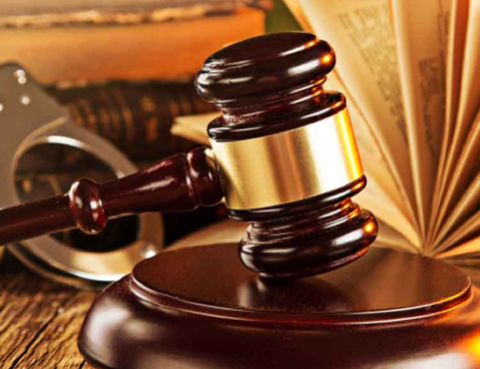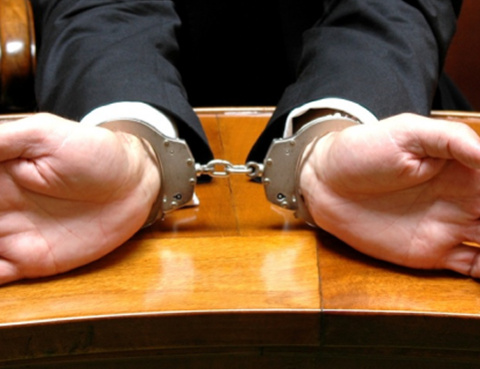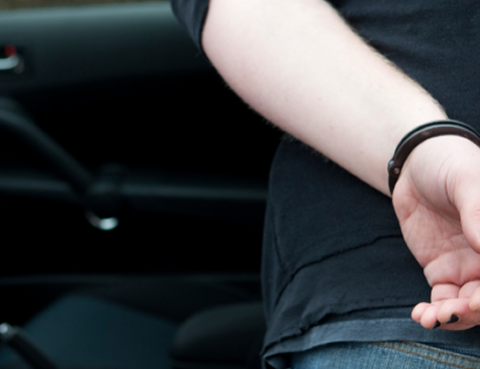How Criminal Cases Work In general, criminal cases have the following steps. Click on each step to learn more. The Arrest When the police arrest someone (the defendant), they take him or her to jail. Then, 1 of 3 things happens: • The defendant is released if the prosecutor (usually the district attorney or the…
The single most important thing to remember if you are arrested is that you have the right to remain silent and the right to an attorney, but these rights protect you onlyif you use them! If you are arrested, the best thing that you can do for yourself is to keep quiet until you are represented…
The many legal procedures associated with modern criminal trials have developed over centuries. States and the federal government follow a largely uniform set of procedures. Assuming that the criminal trial is carried out to completion, those procedures tend to include the following: Judge or Jury Trial. The defense often has the right to decide whether…
After a defendant is convicted or pleads guilty, a judge will decide on the appropriate punishment (or sentence) during the sentencing phase of a criminal case. Sentencing for criminal offenses can range from probation and community service to prison and even the death penalty. The following resources cover the various factors that influence sentencing, “three…
The many legal procedures associated with modern criminal trials have developed over centuries. States and the federal government follow a largely uniform set of procedures. Assuming that the criminal trial is carried out to completion, those procedures tend to include the following: Judge or Jury Trial. The defense often has the right to decide whether…
The single most important thing to remember if you are arrested is that you have the right to remain silent and the right to an attorney, but these rights protect you onlyif you use them! If you are arrested, the best thing that you can do for yourself is to keep quiet until you are represented…
How Criminal Cases Work In general, criminal cases have the following steps. Click on each step to learn more. The Arrest When the police arrest someone (the defendant), they take him or her to jail. Then, 1 of 3 things happens: • The defendant is released if the prosecutor (usually the district attorney or the…
After a defendant is convicted or pleads guilty, a judge will decide on the appropriate punishment (or sentence) during the sentencing phase of a criminal case. Sentencing for criminal offenses can range from probation and community service to prison and even the death penalty. The following resources cover the various factors that influence sentencing, “three…





